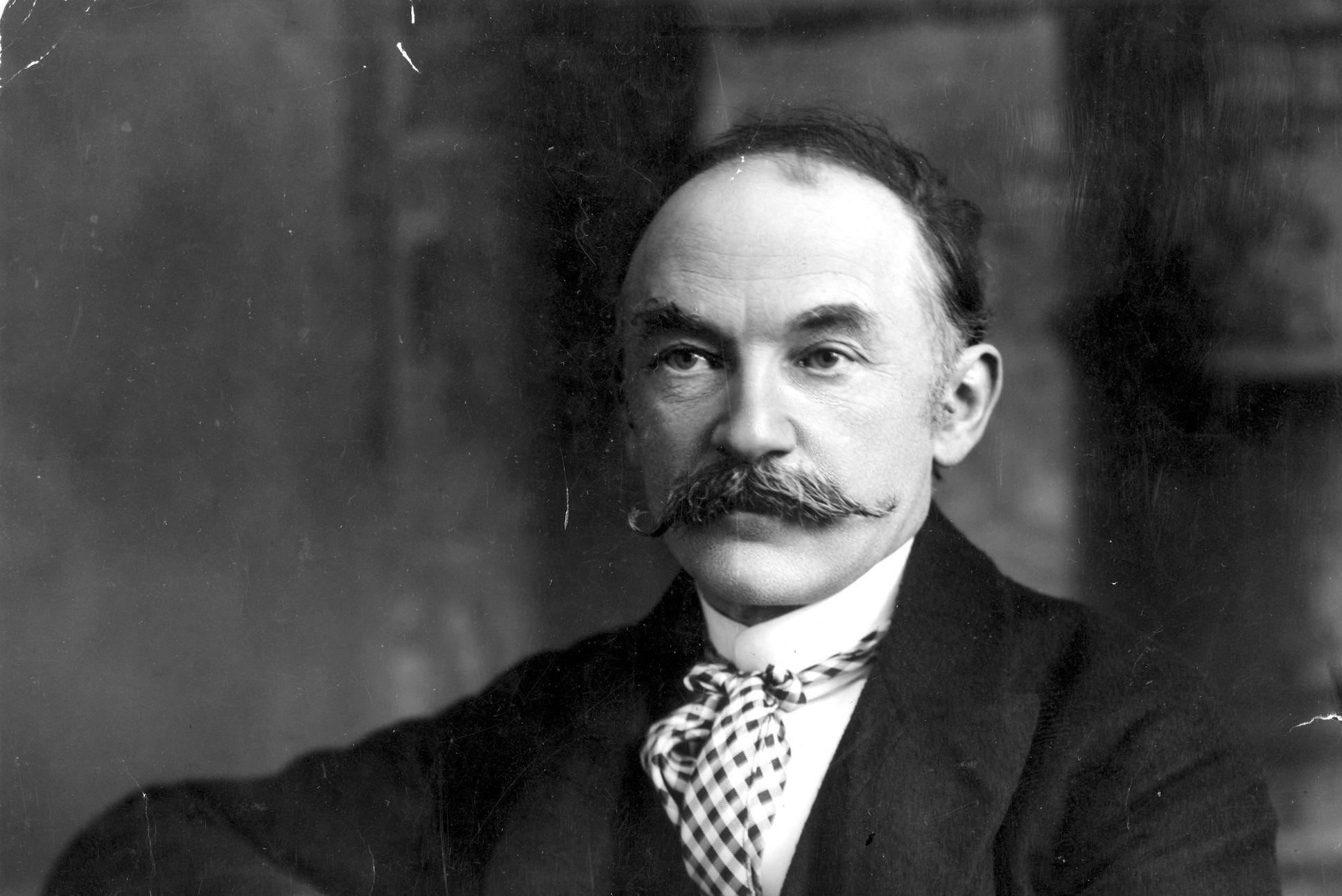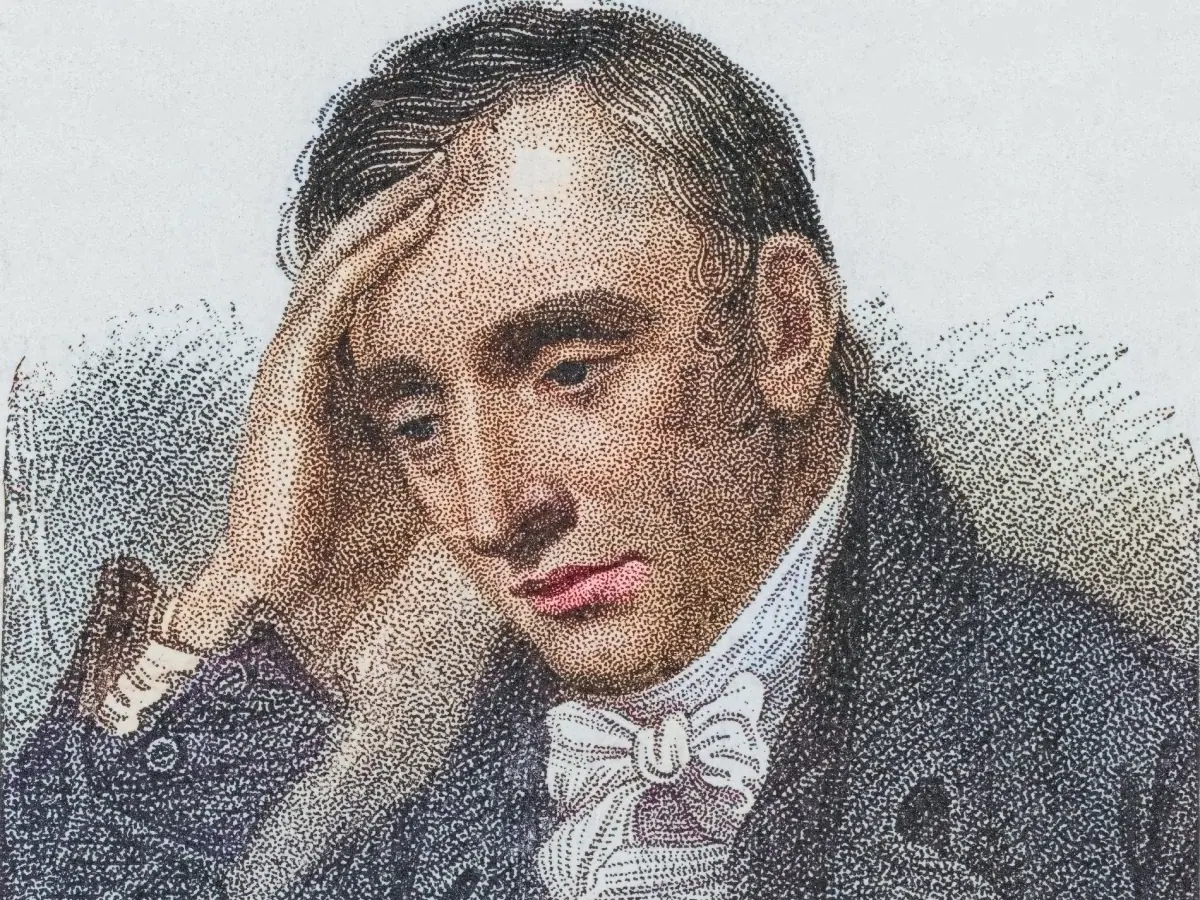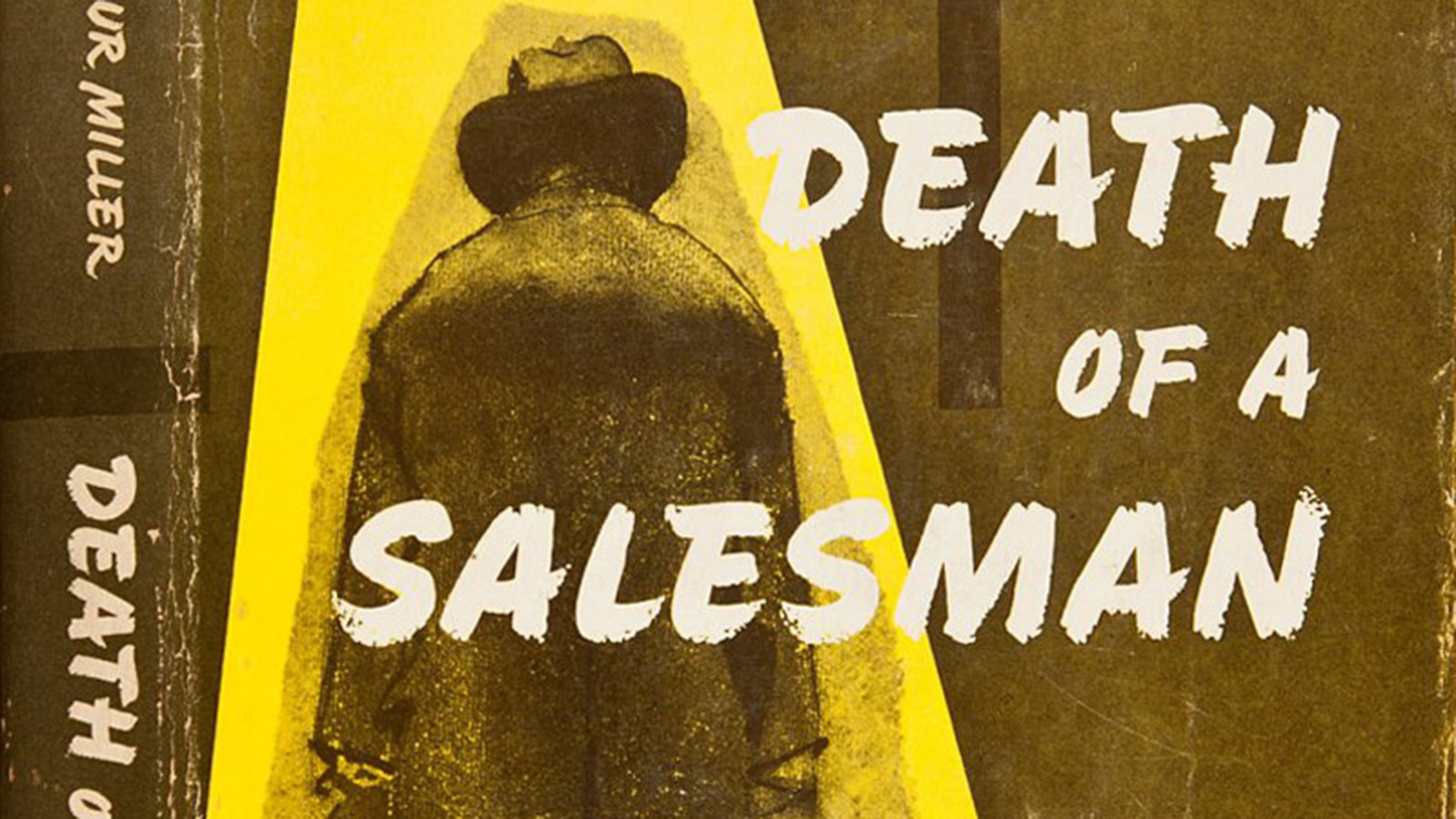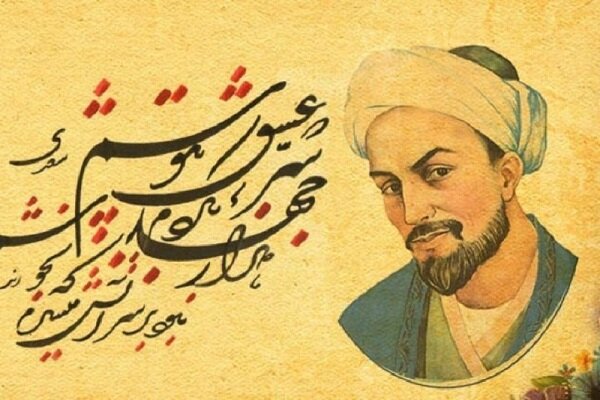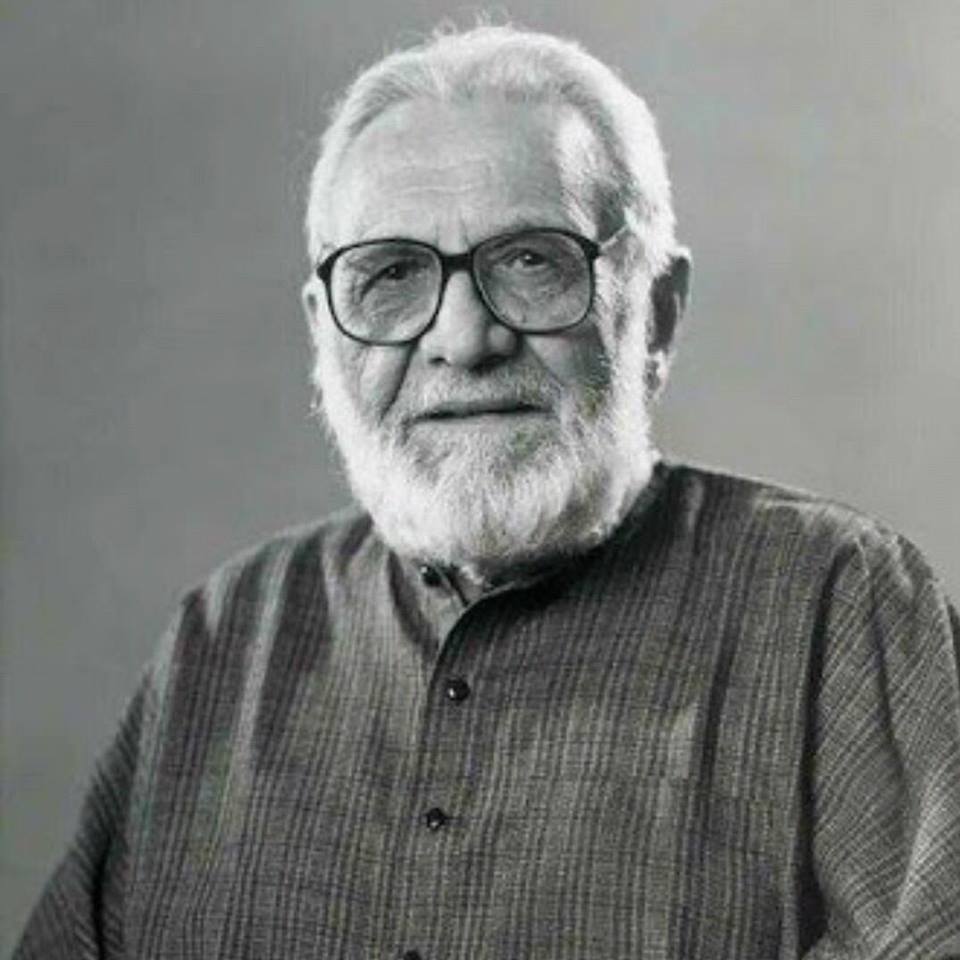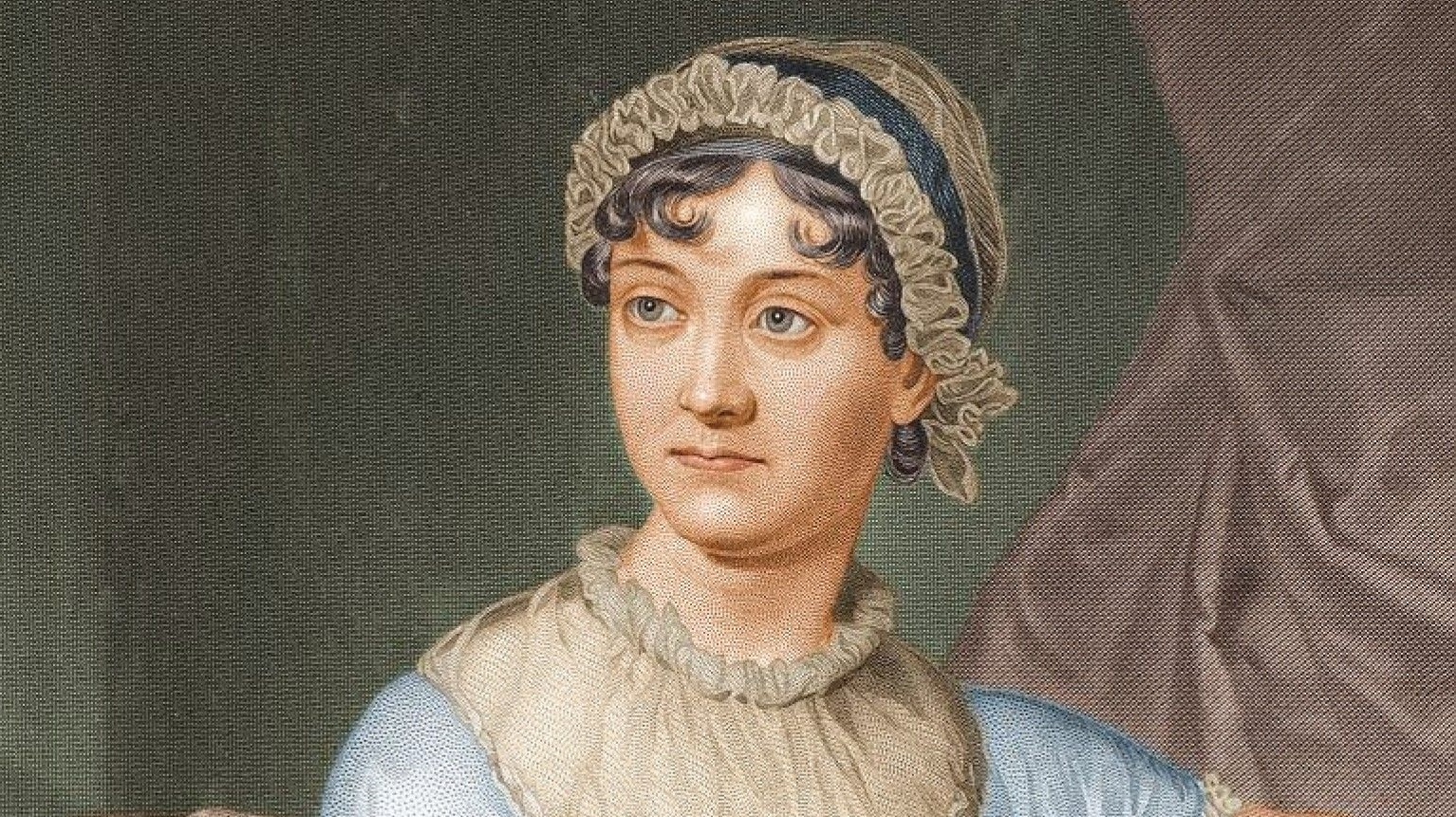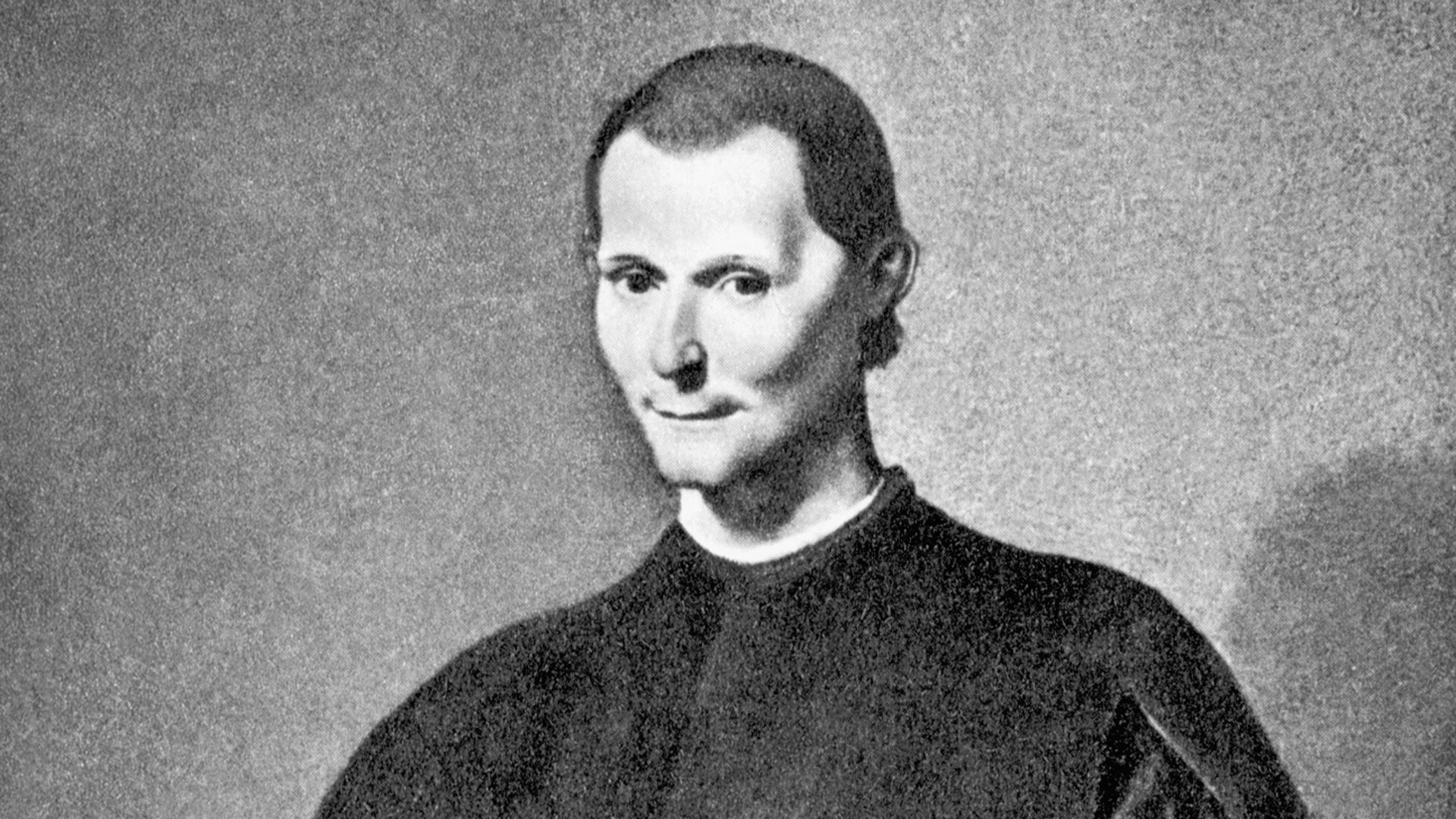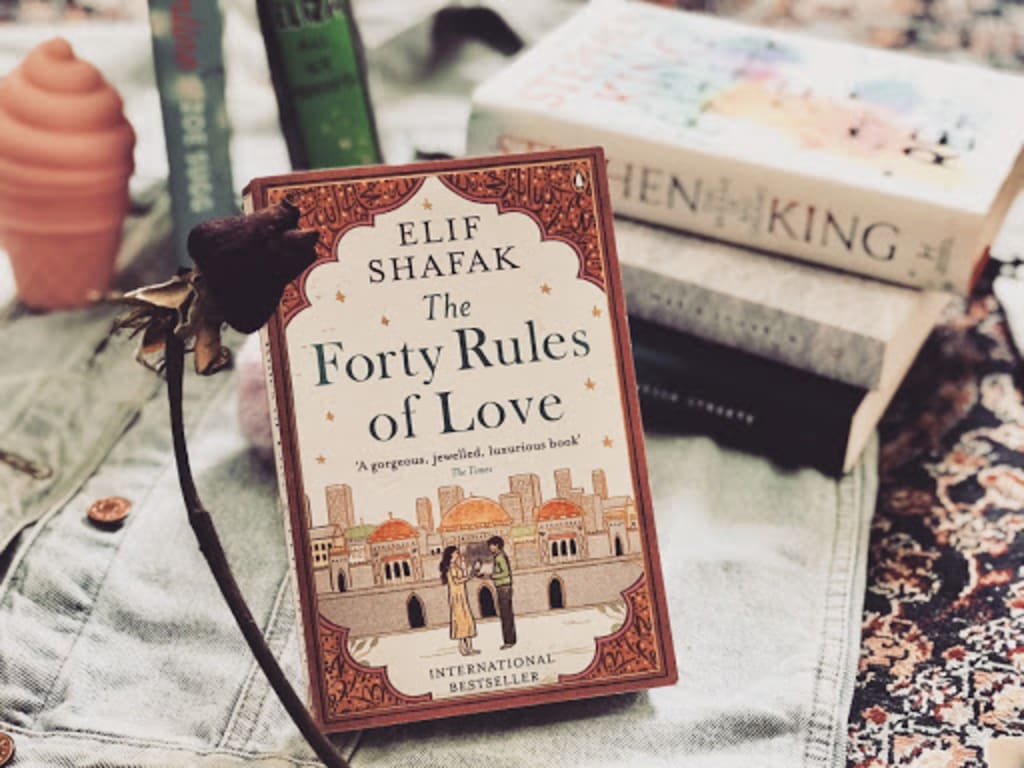Pareeshe Fatima
Thomas Hardy, a prominent novelist of the Victorian era, is celebrated for his insightful portrayal of the social, cultural, and moral fabric of 19th-century England. His works often reflect the pervasive impact of industrialization, urbanization, and the rigid class structure on individuals, particularly those from rural communities. Hardy’s keen observation and realistic depiction of the human condition, combined with his critical examination of societal norms, have solidified his reputation as a Victorian realist.
One of the defining aspects of Hardy’s novels is his exploration of the constraints imposed by Victorian society, particularly in relation to marriage, education, and religion. Through his characters, he delves into the complexities and limitations of marital relationships, shedding light on the unequal power dynamics and societal expectations that often led to personal dissatisfaction and unhappiness. Furthermore, Hardy’s treatment of religious themes and his critique of institutionalized religion as a source of moral conflict and existential angst are evident in many of his works, adding depth and complexity to his narratives.
Hardy’s novels are also characterized by their richly drawn landscapes and settings, often depicting the bucolic beauty of the English countryside. His deep connection to nature is palpable in his writing, as he intertwines the natural environment with the lives and fates of his characters. This symbiotic relationship between man and nature serves as a backdrop for the unfolding human drama in his novels, contributing to the immersive and evocative nature of his storytelling.
Furthermore, Hardy’s exploration of fate, chance, and determinism as recurring themes in his works sets him apart as a novelist of great depth and philosophical insight. His characters often find themselves at the mercy of uncontrollable forces, grappling with the notion of predestined outcomes and the impact of seemingly random events on their lives. This nuanced portrayal of fate and its influence on human existence adds layers of complexity to Hardy’s narratives, inviting readers to contemplate the deeper existential questions embedded within his stories.
In essence, Thomas Hardy’s legacy as a novelist is rooted in his profound understanding of the human experience, his unflinching critique of Victorian society, and his masterful storytelling that continues to resonate with readers, offering profound insights into the human condition and the enduring complexities of life.
Thomas Hardy, considered a Victorian realist, is known for his critical examination of the social constraints prevalent in Victorian England. He delves into the restrictive beliefs surrounding marriage, education, and religion, which curtailed the lives of individuals and led to widespread unhappiness. Poet Philip Larkin views suffering as a central theme in Hardy’s works, emphasizing the intense maturing experience of suffering as pivotal in Hardy’s portrayal of modern man.
In “Two on a Tower,” Hardy challenges societal norms by narrating a tale of love that transcends class boundaries, compelling readers to reevaluate the established conventions governing relationships between men and women. The novel highlights the clash between Swithin St Cleeve’s idealism and the contemporary social constraints of the 19th century. The characters of Swithin St Cleeve and Lady Viviette Constantine are portrayed as binary figures, embodying stark contrasts in terms of class, age, marital status, and religious beliefs. Lady Viviette’s deep-rooted conventionality and her desire to conceal her marriage with Swithin until he achieves social status through his scientific work give rise to tragicomic misunderstandings and ironic situations.
Fate and chance emerge as prominent themes in Hardy’s works. His characters often encounter pivotal crossroads symbolizing opportunities and transitions, suggesting the influence of fate in their lives. In “Far from the Madding Crowd,” chance plays a significant role, as demonstrated by the impact of Bathsheba’s valentine and Fanny’s missed wedding on the trajectory of the story. Hardy’s protagonists appear to be ensnared in the overwhelming grip of fate, further emphasizing the theme of destiny in his narratives.



































